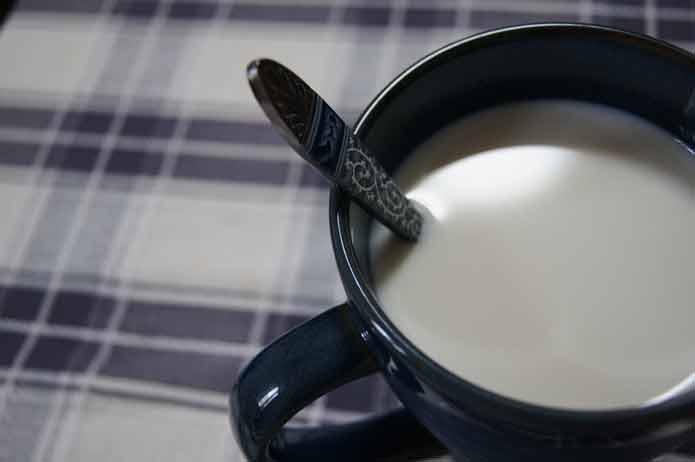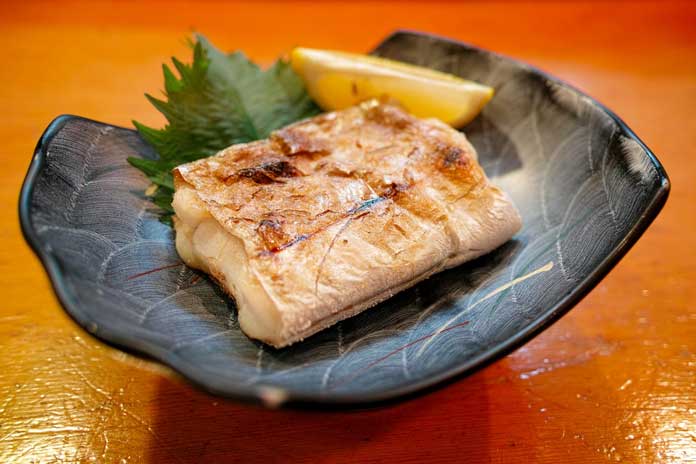The aging process is inevitable: as our physical appearance ages so do our body. And as our body ages, sometimes we may experience heart failure symptoms. This can include shortness of breath, fatigue, and weakness, swelling in your legs, ankle, and feet, or a rapid or irregular heartbeat. It’s all apart of the aging process, but it doesn’t have to be. That leads to the million dollar question: How to survive heart attack?
How Do You Strengthen Your Heart?
That’s why it’s more important than ever that we maintain a strong, healthy body through a nutritious, well-balanced diet. Doing so can help us survive a heart attack, should the worst ever happen.
It’s important to have a cardiac diet food list. These keep track of the best diet for heart health. Here’s a list of some of the best foods:
Which Foods Prevent a Heart Attack?
There are four crucial groups of foods you need in your diet. We’ll explain what each of those is and give you some suggestions for your cardiac diet food list.
Fresh Fruit and Vegetables:

You already know it’s good to add fruits and vegetables to your diet. You might not know that they can help you avoid a heart attack. Doctors recommend at least 5 cups of vegetables and 4 cups of fruits each day.
Fruits and vegetables are some of the best foods for your heart since they’re high in vitamins, minerals, and dietary fiber. Eating a variety of them may also help you with your weight and blood pressure. And these healthy foods are low in calories and sodium, another bonus for your health. So go ahead and reach for some apples and oranges. Or go for a yummy fruit salad made from spinach, lettuce, kale, orange slices, and apple cubes, tossed with olive oil and lemon juice.
Dairy and Dairy Alternatives:

This powerful group of food makes up the best diet for your heart. Dairy contains unsaturated fat: a healthy type of fat that protects your heart from heart disease, strokes, and high blood pressure.
Every day dairy foods include milk, cheese, and yogurt. Dairy alternatives are foods made from soy, rice, cereal, or nuts, that are calcium-rich – an essential component of dairy.
Meat, Poultry, Fish, and Meat Substitutes

As a handy rule of thumb, red meats like beef, pork, and lamb all contain more saturated fats. These are unhealthy fats that will raise your cholesterol, blood pressure, and put you at a higher risk of heart disease. Not only do poultry and fish have less saturated fats, they actually have unsaturated fats that will help your health. They contain good fats such as omega-3 fatty acids, which are crucial to keeping your heart healthy. It reduces your risk of cardiovascular disease, and helps regulate your heart – this keeps it in tip-top shape.
If you’re a vegetarian or vegan, no need to fret. There’s an extra benefit for you: beans. Beans are your secret weapon. In fact, they don’t contain any cholesterol! There are many types of beans that are all great for your body and contain similar benefits. Look for popular ones like pinto, kidney, garbanzo, and black-eyed peas. For the best of both worlds, have a couple of glasses of soy milk every day.
Fats and Cooking Oils:

You might be a little stumped and think to yourself, how can I avoid unhealthy fats when I’m cooking? I need fat and oil to prepare meals. Well, here’s the thing: when it comes to fat, there are good and bad types of fat. The key here is to substitute your kitchen ingredients with the good stuff.
You want to replace bad fats (saturated and trans) with healthy fats (monounsaturated and polyunsaturated). So the next time you’re at the grocery store, pick out a few of these healthier, non-tropical vegetable oils to help with your cardiac diet plan. These oils include canola, corn, olive, peanut, soybean, and sunflower. Avocado, rice bran, and sesame as also great for your health.
And, here’s an extra tip: if you’re unsure of the oil, check the nutritional label. You want to choose fats with less than 4 grams of saturated fat per tablespoon. You also want to make sure that there’s no partially hydrogenated oils or trans fats.
Now that you know the four types of foods you need to keep your heart healthy, be sure to get started on a cardiac diet plan. It’s never too early to look after your health. And it never hurts to learn the symptoms of heart disease, so that you can recognize it if it’s happening to you.
